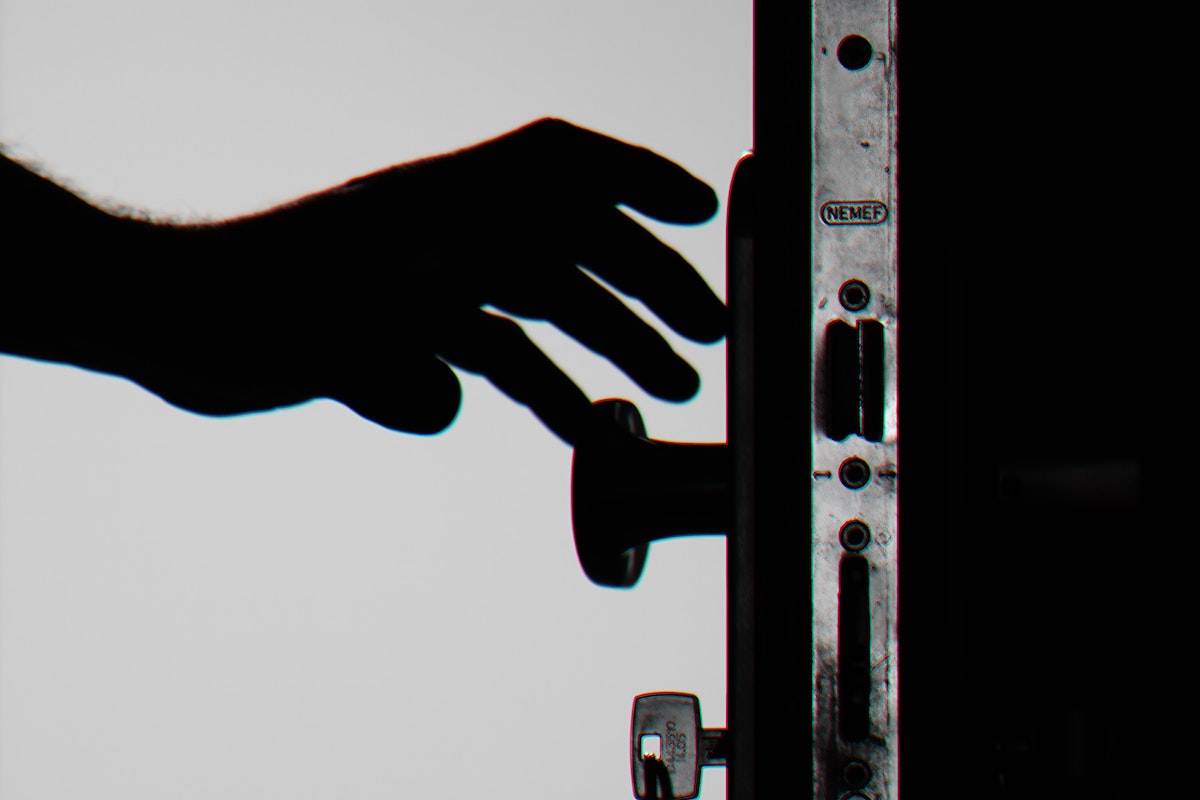No matter where you are—New York, San Diego, or Lynnwood—being a criminal defense attorney takes a rigorous process. There’s the entrance examination, analytical courses, and the bar exam. While some states allow an individual to take the bar exam without going to law school, these individuals have to apprentice—for a required period—with practicing lawyers.
Once licensed, lawyers are known to be the top on the market, with annual pay of $160,000, says the National Association for Law Placement. But being an attorney-at-law is not only about prestige. There are stigmas that come with it, too. One of which is truth-twisting.
But do they really bend the truth to defend their clients? The answer is an absolute no. Here is what they do instead:
They make sure the defendant’s rights are protected
A defendant, whether guilty or innocent, has his or her rights. It is the defense attorney’s job to make sure these rights are observed and protected. Aside from protecting their clients’ rights, lawyers aim to avoid conviction for their clients.
On TV, we may see lawyers hiding or falsifying evidence or making theories out of thin air, but that is not the case in real life. In fact, lawyers are not allowed to do that. They can’t make false statements, as it is against their professional conduct. According to The Model Rules of Professional Conduct, Rule 8.4 (c), a lawyer may not do anything that involves dishonesty, deceit, fraud, or misrepresentation.
In other words, they protect their clients’ rights by proving whether evidence is admissible or not or enough to convict the accused, without any bias.
They argue the defendant’s side of the case

According to Craig Platt, a Huffington Post contributor, and a criminal defense attorney, there’s a way to argue a lawyer’s side of the case. An attorney should say things in a way that makes people think things the way he or she wants them to, without resorting to lying.
As the saying goes, there are three sides to every story: his, hers, and the truth. The defense attorneys’ job is to persuade everyone to see things or think things whichever side of the truth they’re on. To do so, they have to weave their questions carefully.
If a defendant is accused of murder because a witness says he was holding the bloody knife when she found him, the defense attorney may ask:
DA: How did you know it was him?
W: I saw him holding the knife, and he was shaking.
DA: Did you see him stab the victim? No? Were you watching TV before all of this happened? What was the show about? (Witness tells plot.) That’s a detailed plot. It’s like you were so engrossed in the TV show that you didn’t notice what’s happening around you.
Or
DA: How did you know it was him?
W: I saw him holding the knife, and he was shaking.
DA: Did you see him stab the victim? Yes? Did you take a video? Do you have any evidence he did? What’s your visual acuity? Were you wearing glasses and sure it was him?
As you can see, there is no lying involved here; just an intricate presentation of questions so others can perceive the situation differently. Lawyers can use different tactics to make the truth come out and win their case. If ever you find yourself in a situation wherein you need the service of a criminal defense lawyer, be sure to hire a reputable and experienced one.







